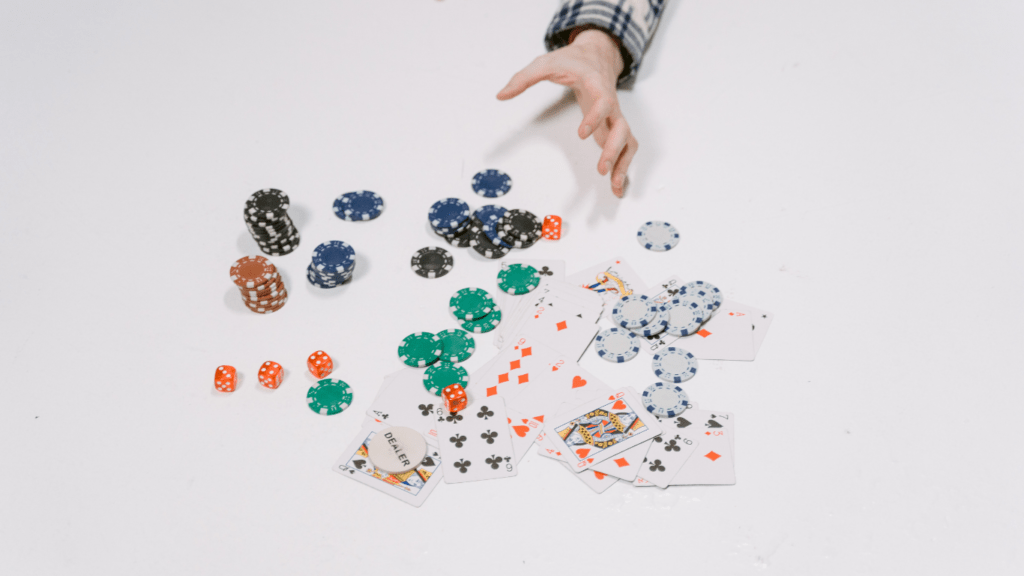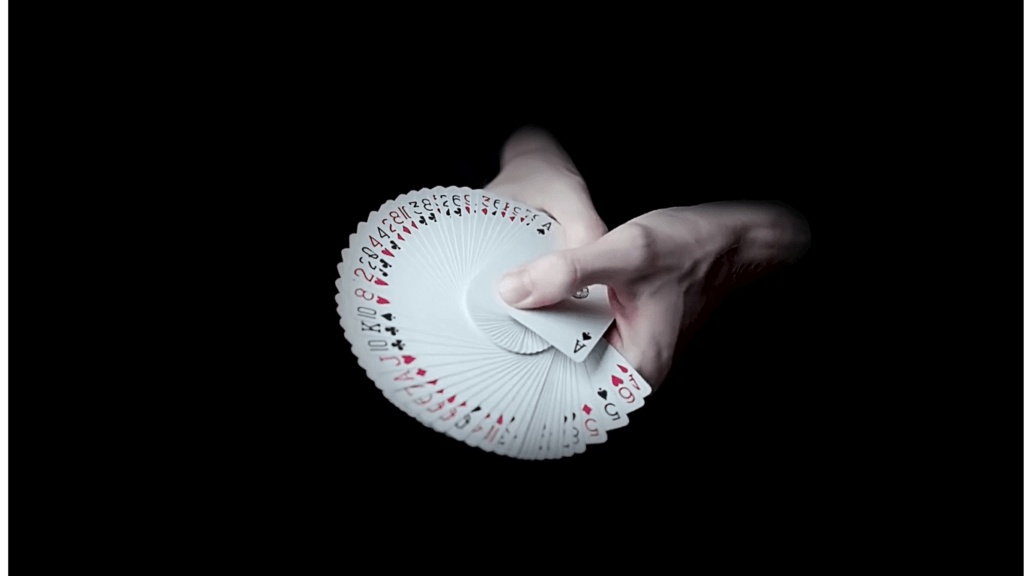Exploring the Psychology Behind Gambling Superstitions
Superstitions shape many gamblers’ experiences, blending belief with psychological comfort.
While these practices might seem illogical, there’s significant psychological reasoning behind them.
Why Do Gamblers Believe in Superstitions?
Gamblers believe in superstitions for several reasons:
- Illusion of Control: Gamblers often think they’re exerting some control over a game of chance. Lucky charms or rituals create this illusion, fostering confidence (Langer, 1975).
- Past Experiences: Positive outcomes after a specific action—like wearing a red shirt—reinforce the behavior. This reinforcement creates a mental link between luck and action.
- Social Influence: Peer behaviors and cultural narratives often promote superstitions. Watching others succeed using specific rituals can encourage similar actions in new gamblers.
Psychological Benefits of Superstitions in Gambling
Superstitions offer several psychological benefits:
- Reduction of Anxiety: In high-stakes environments, rituals and charms reduce anxiety, helping gamblers focus better on their strategies.
- Enhanced Confidence: Believing a ritual can boost confidence levels. Confident players often perform better, even in games ruled by chance.
- Sense of Community: Shared superstitions can create a sense of belonging among gamblers. This camaraderie fosters a supportive atmosphere, making the gambling experience more enjoyable.
Common Superstitions in the Gambling World
Gamblers often rely on superstitions to gain an edge, believing these practices can influence outcomes. These beliefs vary widely but share common themes.
Lucky Numbers and Colors
Many gamblers believe certain numbers bring luck. The number 7 is considered extremely lucky in Western cultures.
In contrast, the number 8 is favored in Chinese culture due to its phonetic similarity to the word for wealth. Conversely, the number 13 is often avoided because it’s seen as unlucky.
Colors also play a significant role.
Red is believed to attract luck and fortune, particularly in Chinese culture, where it symbolizes prosperity and joy.
Green is another favored color as it often represents wealth and success, especially in card games and dice.
Rituals and Behaviors Before and During Gambling
Many gamblers perform specific rituals before placing bets.
For instance:
- some may wear particular items of clothing, such as a “lucky” hat
- red “lucky” shirt
believing these items bring good fortune.
Touching casino chips in a certain way or arranging them meticulously can be another ritualistic behavior.
During gambling sessions, some individuals refrain from certain actions, like crossing their legs or looking away from the game.
Others might engage in repetitive behaviors, such as blowing on dice before rolling, to summon luck.
Additionally, knocking on wood is a common practice aimed at warding off bad luck.
The Impact of Superstitions on Gambling Decisions

Superstitions significantly impact gambling decisions. They shape gamblers’ choices, flowing into betting strategies and game play.
How Superstitions Influence Betting Choices
Superstitions often dictate betting choices. Gamblers rely on lucky numbers or colors, hoping for favorable outcomes.
For instance, the number 7 is widely considered lucky, leading many to bet on it in games like roulette.
Additionally, some avoid specific numbers or colors due to perceived bad luck.
Gamblers’ past experiences and anecdotal successes reinforce these preferences, driving continued belief in superstitious practices.
The Role of Superstitions in Strategic Game Play
Superstitions affect strategic game play. Many gamblers develop rituals to enhance their performance. This includes wearing lucky items or engaging in routines before playing.
Some meticulously arrange their chips or follow specific betting sequences, believing these actions influence the game’s outcome.
These strategies, rooted in superstition, provide gamblers with perceived control and confidence, despite no scientific basis for their efficacy.
Authority sources like the American Psychological Association highlight the psychological comfort superstitions provide, underscoring their persistent role in gambling decisions and behaviors.
Analyzing the Effectiveness of Gambling Superstitions
Understanding if gambling superstitions really impact outcomes requires examining scientific and statistical perspectives.
Scientific Perspective on Luck and Probability
Research indicates luck results from random chance rather than predictable patterns. Randomness defines events like:
- dice rolls
- card draws
reflecting unpredictability.
According to the American Mathematical Society, each event in a game of chance is independent of previous outcomes, nullifying the idea that certain actions can influence future results.
Superstitions vs. Statistical Odds
Gamblers’ rituals and superstitious beliefs often conflict with statistical reality. For instance, if someone believes a certain number’s lucky, it’s not backed by probability.
Each roulette spin has an equal chance for any number to appear, regardless of past spins. The statistical odds remain unchanged, as stated by the National Council on Problem Gambling.
Superstitions provide psychological comfort, but they don’t alter the mathematical probabilities governing gambling games..



